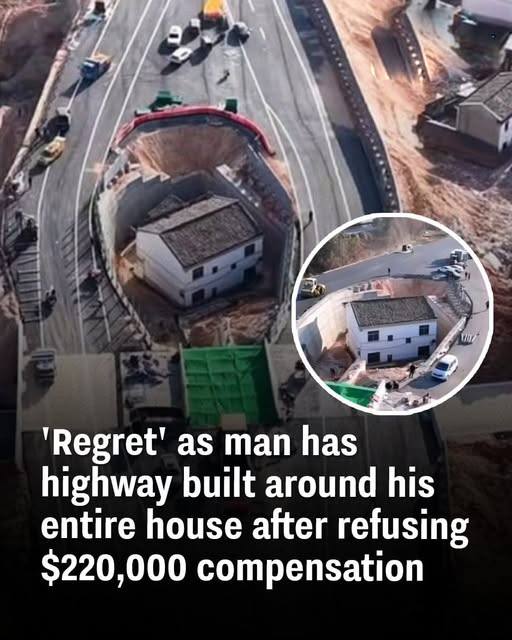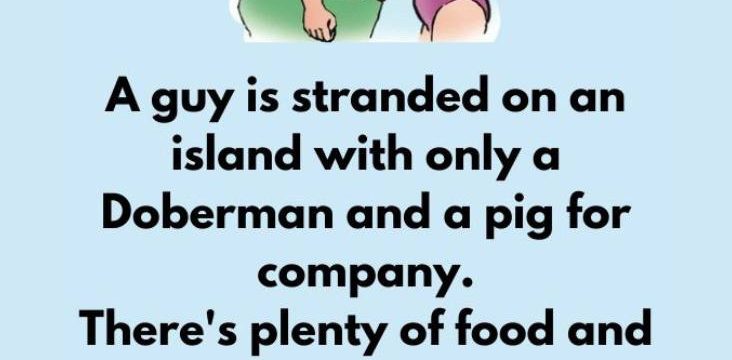In China, a strange yet increasingly common sight has become the subject of both fascination and debate—a phenomenon known as the “nail house.” These are properties where homeowners refuse to sell, even when the government or developers are pressing hard to clear land for large-scale construction projects.

The name “nail house” perfectly describes the situation, as these homes stick out like stubborn nails that just won’t come loose, no matter how much force is applied. It’s a powerful symbol in today’s China, where property rights have always been a bit complicated. Although private land ownership was officially abolished decades ago, the passing of China’s first modern property law in 2007 gave citizens some degree of bargaining power.
Still, the government retains significant control over land use, and when major infrastructure is involved, even the strongest resistance can be bulldozed—sometimes quite literally. That brings us to the story of Ye Yushou, a tofu vendor from Jinxi County in Jiangxi Province. Ye’s two-story home has now gained nationwide attention because it stands in the center of a freshly completed stretch of highway—the G206. Back in 2022, authorities offered him a compensation package that included 1.6 million yuan (roughly $220,000) and two replacement homes. But Ye turned it down, insisting he deserved 2 million yuan and three homes instead. Believing he had the upper hand, he held out for a better deal. Unfortunately for him, the government didn’t agree. Instead of continuing to negotiate, they went ahead and built the highway—right around his house.
Now, Ye’s home sits isolated like an island in the middle of an asphalt sea. Dubbed “The Eye of Jinxi,” the house is surrounded on all sides by lanes of traffic. The construction dust, the constant noise, and the rumble of passing trucks have become part of Ye’s everyday environment. The government did build a small access road for him, but the house is otherwise boxed in, with no sign of relief. As the highway officially opened to traffic just in time for China’s Spring Festival, Ye found himself questioning his decision.
Speaking to curious passersby who stop to take photos or just shake their heads in disbelief, he admitted he regrets not accepting the original offer. “I asked for more, and now I’m stuck,” he said. Ye revealed he even spent over $14,000 hiring a lawyer from Beijing in hopes of fighting for better compensation. That gamble didn’t pay off, and now he’s left with legal bills, an isolated home, and a future full of regret. Meanwhile, three of his neighbors accepted the government’s deal. Their homes were demolished, and they moved on with new lives. One of them reportedly even became a millionaire after cashing in at the right time. Ye, on the other hand, remains behind, a lone figure surrounded by cars and construction. The public reaction has been mixed. Some admire his determination, seeing him as a man who stood up for what he believed was fair. Others think he overplayed his hand and let greed guide his choices. One Reddit user commented, “He thought they couldn’t build the highway without buying his house. He got greedy and found out the hard way.” Another said, “I admire the principle, but living in the middle of a highway? That’s miserable. I’d be terrified every time a truck sped by.” A third person jokingly compared it to Pixar’s Up, saying, “Grandpa’s probably preparing the balloons as we speak.” Regardless of how people view Ye—whether as a hero or a cautionary tale—his story is now quite literally set in concrete. His house sits right in the middle of a $63 million highway project, a permanent reminder of what can happen when a deal is pushed just a little too far. Instead of walking away with a generous payout and a fresh start, Ye is now surrounded by noise, traffic, and the kind of regret that lingers long after the last car has passed.





